Speeches Shim
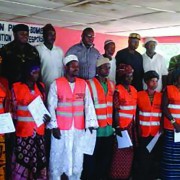
The practice of burying loved ones is sacred in Sierra Leone. Many consider burials as farewell ceremonies where traditional heads and family members must be directly involved for the deceased to gain eternal life in the afterlife. During the Ebola outbreak, the act of touching corpses containing the virus, performed as a sign of respect, was a key contributor to the spread of the disease to family and community members. > Read More
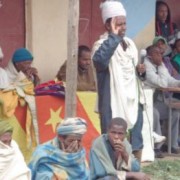
The overall goal of the project was to improve the food security status of chronically food insecure households in 9 Woredas (districts) of the Amhara Region of Ethiopia. Program activities included maternal and child health and nutrition, improving access to nutritious foods, improving access to water and sanitation (water schemes, toilets, hygiene behaviors), natural resources management (soil and water conservation, tree planting), improving access to social infrastructure (schools, health posts, veterinary posts), and food distribution. > Read More
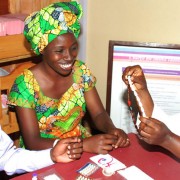
Training and openly discussing family planning with religious leaders resulted in a significant increase in their knowledge of contraception and the healthy timing and spacing of pregnancies.
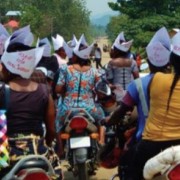
The Ushindi Program implemented a holistic approach integrating psychosocial, medical, legal and economic activities to support survivors of sexual and gender-based violence (SGBV). The project has served a total of 30,467 SGBV survivors, which exceeds the life of the project goal (24,187 persons served).
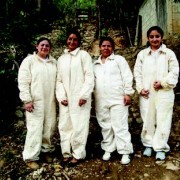
The aim of Lutheran World Relief’s (LWR) Gender in Agriculture from Policy to Practice (GAPP) project was to achieve political and cultural changes regarding attitudes toward women. It aimed to change the mindset and attitudes of men and women about gender equality, strengthen women’s capacity to advocate for food security in local public and private spaces in the rural sector, and better position women’s demands in municipal public policies and in the institutional policies of rural savings and loan cooperatives (Instituciones de Crédito Rural, ICRs).

Comment
Make a general inquiry or suggest an improvement.